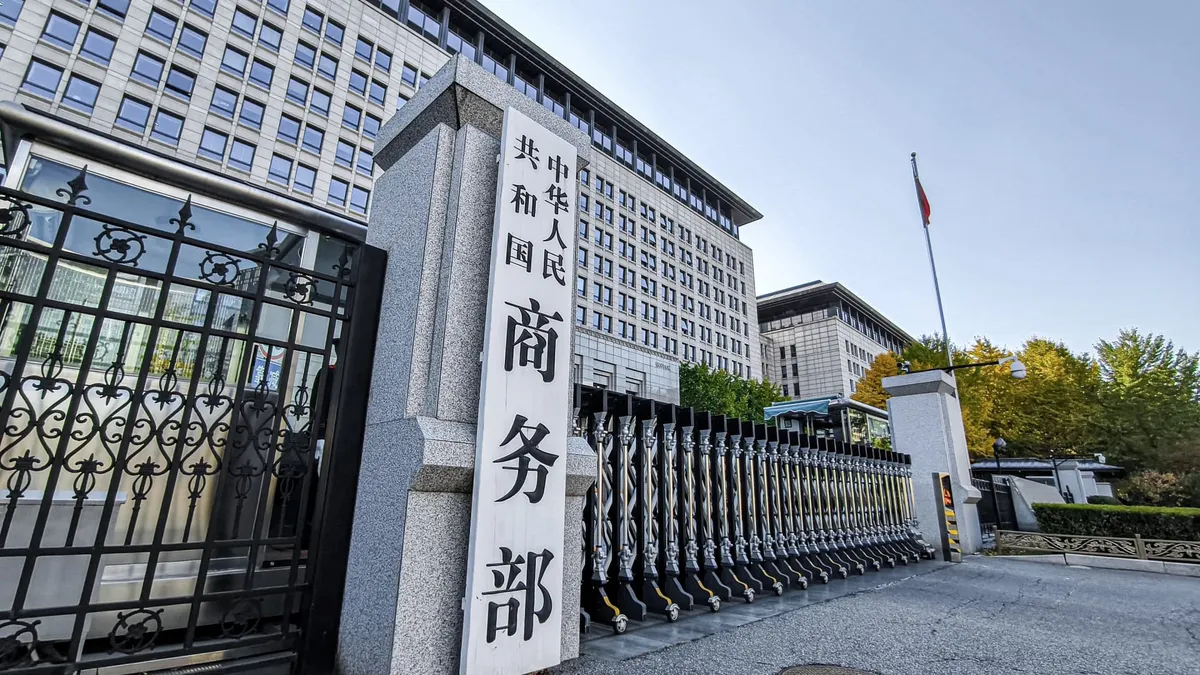
The U.S. and China have officially confirmed a new trade framework set to facilitate rare earth exports and ease technology-related restrictions. This announcement was made by China's Ministry of Commerce in a statement released on Friday afternoon, marking a significant step towards improving trade relations between the two global powers.
According to the statement, China will take on the responsibility of reviewing and approving export applications for items that fall under existing export control regulations. In return, the U.S. has agreed to cancel a variety of restrictive measures currently imposed against Beijing. However, specifics regarding the nature of these measures were not elaborated upon by the ministry's spokesperson.
This development follows recent comments from U.S. President Donald Trump, who indicated during a White House event that an agreement had been signed with China. A White House official later clarified that both nations had reached an additional understanding aimed at implementing the Geneva agreement.
Earlier this month, trade negotiation teams from both the U.S. and China, led by U.S. Treasury Secretary Scott Bessent and Chinese Vice Premier He Lifeng, engaged in high-level talks in London. These discussions lasted two days and resulted in a consensus on how to implement the Geneva agreement, which had previously been a source of contention between the two countries. The London agreement has played a crucial role in stabilizing a relationship that had become increasingly strained, with both sides accusing each other of breaching the Geneva trade agreement.
Alfredo Montufar-Helu, a senior advisor for the China Center at the nonprofit think tank The Conference Board, commented on the recent developments, emphasizing the need to temper expectations. He pointed out that there remains a lack of clarity regarding which rare earth export curbs will be lifted, aside from those related to magnets. Montufar-Helu further noted that rare earths are essential for national security in both nations, suggesting that China may continue to impose restrictions on the trade of these critical materials.
This announcement follows an initial trade meeting held in Geneva, Switzerland, in mid-May, where Washington and Beijing reached a preliminary agreement. This agreement included a plan to suspend most tariffs on each other's goods for a period of 90 days and to roll back certain trade restraints. However, progress on the Geneva deal stalled due to China's reluctance to relax restrictions on rare earth exports and the U.S. tightening its grip on technology transfers and Chinese student visas.
As the U.S. and China navigate these complex trade dynamics, the implications of this new framework could have far-reaching effects on both economies and the global market for rare earths.